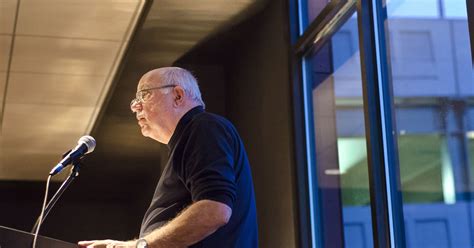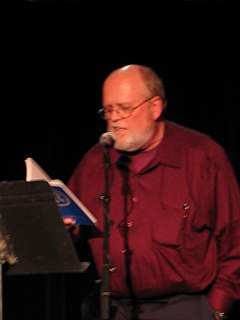A Quote by Adrienne Rich
Related Quotes
But Goethe tells us in his greatest poem that Faust lost the liberty of his soul when he said to the passing moment: "Stay, thou art so fair." And our liberty, too, is endangered if we pause for the passing moment, if we rest on our achievements, if we resist the pace of progress. Change is the law of life. And those who look only to the past are certain to miss the future.
The subject of the poem usually dictates the rhythm or the rhyme and its form. Sometimes, when you finish the poem and you think the poem is finished, the poem says, "You're not finished with me yet," and you have to go back and revise, and you may have another poem altogether. It has its own life to live.
[In response to Alfred Tennyson's poem "Vision of Sin," which included the line "Every moment dies a man, every moment one is born."] If this were true, the population of the world would be at a stand-still. In truth, the rate of birth is slightly in excess of death. I would suggest that the next edition of your poem should read: "Every moment dies a man, every moment 1 [and] 1/16 is born." Strictly speaking, the actual figure is so long I cannot get it into a line, but I believe the figure 1 [and] 1/16 will be sufficiently accurate for poetry.





































